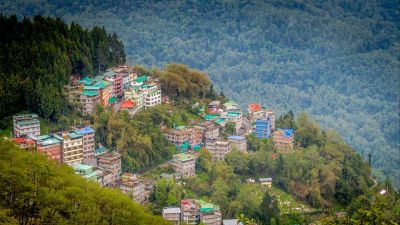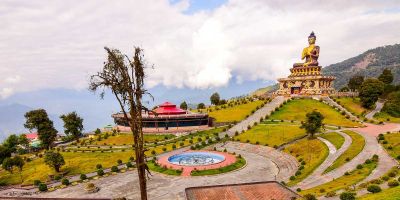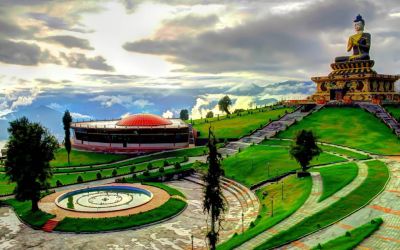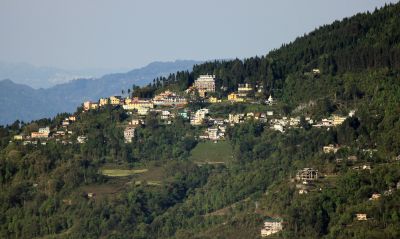Responsible Tourism in Sikkim: Make Your Trip Matter
Sikkim: a small state in northeastern India, nestled amongst the majestic Himalayas. Known for its scenic beauty, rich culture, and diverse flora and fauna, Sikkim has become a popular tourist destination in recent years. With the increase in tourist footfall, it has become crucial to promote responsible tourism in this pristine land. In this blog post, we will explore the concept of responsible tourism and discuss how you can make a positive impact on your trip to Sikkim.
What is Responsible Tourism?
Responsible tourism, also known as sustainable tourism or ethical tourism, is a way of traveling that is mindful of the environment, culture, and economy of the destination. It aims to minimize the negative impacts of tourism and maximize the positive ones. The focus is on preserving the natural and cultural heritage of a place while benefiting the local communities.
Why is Responsible Tourism Important?
Sikkim is a fragile ecosystem with rich biodiversity. The region is home to several endangered species, including the red panda, snow leopard, and musk deer. Irresponsible tourism can have detrimental effects on the environment, such as deforestation, pollution, and habitat destruction. It can also lead to the erosion of local traditions and customs.
By practicing responsible tourism, we can contribute to the conservation of Sikkim's natural resources, support the local economy, and promote cultural exchange. It allows us to enjoy the beauty of the land while leaving a positive impact on the communities and environment.
Tips for Responsible Tourism in Sikkim
1. Respect the Environment: Sikkim is known for its pristine lakes, rolling meadows, and snow-capped mountains. When visiting these natural wonders, ensure that you leave no trace behind. Do not litter, stick to designated trails, and avoid disturbing wildlife.
2. Support Local Businesses: Instead of staying in international hotel chains, opt for locally-owned accommodations. This way, you directly contribute to the local economy and help create employment opportunities for the residents. Similarly, dine at local restaurants and buy souvenirs from local artisans.
3. Learn about the Local Culture: Sikkim is a melting pot of different ethnicities and has a rich cultural heritage. Take the time to learn about the traditions, festivals, and customs of the local communities. Engage with the locals, respect their way of life, and be mindful of cultural sensitivities.
4. Say No to Wildlife Exploitation: Unfortunately, there are instances of wildlife exploitation in some tourist destinations. Do not support activities such as elephant rides, tiger selfies, or any form of animal cruelty. Instead, choose eco-friendly activities that focus on conservation and education.
5. Conserve Water and Energy: Sikkim faces frequent water shortages, especially during the summer months. Be mindful of your water consumption and try to conserve it as much as possible. Similarly, save energy by switching off lights, fans, and air conditioners when not in use.
Conclusion
Responsible tourism in Sikkim is not just about being an eco-conscious traveler; it is about making a meaningful connection with the land and its people. By practicing responsible tourism, we can ensure that future generations get to experience the beauty and richness of this Himalayan gem.
So, the next time you plan a trip to Sikkim, be a responsible traveler. Make your trip matter by leaving a positive impact on the environment, economy, and culture of this magical land.
Don't forget to share this blog post with your fellow travelers and spread the message of responsible tourism!
Disclaimer : The information provided in this blog is for general informational purposes only. While we strive to keep the content accurate and updated, TravelSetu assumes no liability for errors or omissions. If you believe any part of this blog infringes your rights or causes concern, please notify us immediately at info[at]travelsetu[dot]com so that appropriate action can be taken.




















